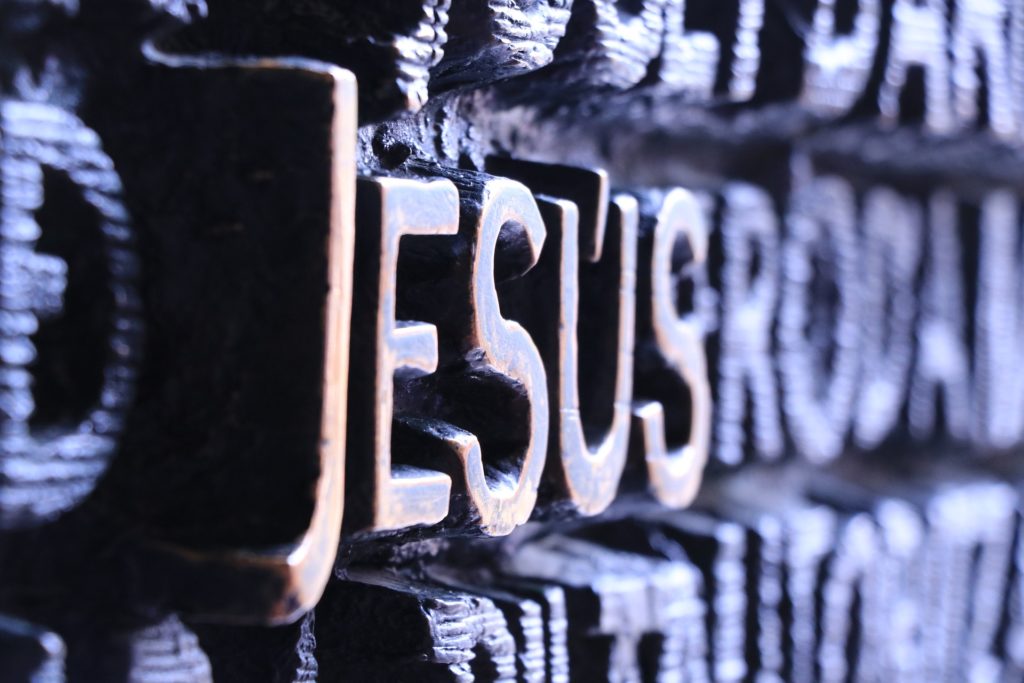
A Picture of Jesus (John 1:1-14)
Folks view Jesus differently. Tonight, we want to examine the picture of Jesus John presents at the opening of his gospel.
John presents Jesus as:
Lord, vv 1-4
The Word is eternal. He was in the beginning. There was never a time when he wasn’t. Isaiah 9:6. Micah 5:2.
The Word has a close relationship with the Father. He was “with the Father.” Because Jesus has this close relationship with the Father, he has revealed the Father. John 1:18. John 14:9.
The Word has divine attributes. The character and substance of Jesus is deity. He is God.
The Word has creative power.
- All things were made through him. Absolutely nothing was made without Jesus. Jesus played a role in the creation of literally everything.
- In the Word was life. This refers to Jesus’ power to create life. All people live physically because of Jesus.
- Creation is a divine attribute. Genesis 1:1. Hebrews 11:3.
Many want us to believe that Jesus isn’t divine. Yet, these verses are pregnant with his deity. We, therefore, should worship Jesus as divine.
Light, vv 4-9
The life the Word has is the light of men.
This light shines in the darkness. The purpose of light is to point out objects in the darkness. As Jesus points out objects in the darkness, he teaches us how to live.
This light has not been overcome by the darkness. Jesus is stronger than the darkness. The darkness may attempt to overcome this light, but it shall not.
This light had a witness.
This witness was sent from God. This witness had a divine message. He wasn’t just out in the wilderness saying what he wanted.
He came to testify concerning the light. He did so that all might believe through his testimony. He wasn’t the Light himself, but he came to testify to the light. We need people today who testify to the Light.
This Light gives light to all men. “True” here means “genuine”—The Word is the “genuine” light rather than some false hope. He gives light to every man—Jesus teaches everyone how to live.
Largely Unknown, vv 10-11
The world did not know him.
Even though he made the world and was in the world, the world did not know him. Not knowing Jesus means not recognizing him as the Messiah. Not recognizing Jesus as the Messiah can have disastrous consequences. Because Paul did not know Jesus, he persecuted the church. Because the rulers did not know Jesus, they crucified him (1 Cor 2:8).
Many do not know Jesus today. People do not know Jesus in that they refuse to acknowledge him as the Lord of their lives. People do not know Jesus in that they give honor to religious leaders.
Even Jesus’ own people did not accept him. Jesus was often rejected. The people of Nazareth refused to accept him (Lk 4:28-29). The Jewish nation refused to accept him (Jn 5:43). People continue to reject Jesus.
Life-Giver
To those who accepted him through faith, he gave the power to become children of God. “Child” denotes a special relationship. Through Christ, we can have a special, close relationship with God—we can be his children.
These children aren’t through natural means.
Living Flesh, v 14
Jesus became flesh. He gave up the rights of deity and became a person. Because he was human, he became sick, hungry, thirsty, tired, etc.
He dwelt among us. He lived as a man. He experienced the same hurts, etc. that we experience.
Because Jesus was human, he can sympathize with our weaknesses (Heb 4:14-16).
This sermon was originally preached by Dr. Justin Imel, Sr., at the Owingsville church of Christ in Owingsville, Kentucky.





